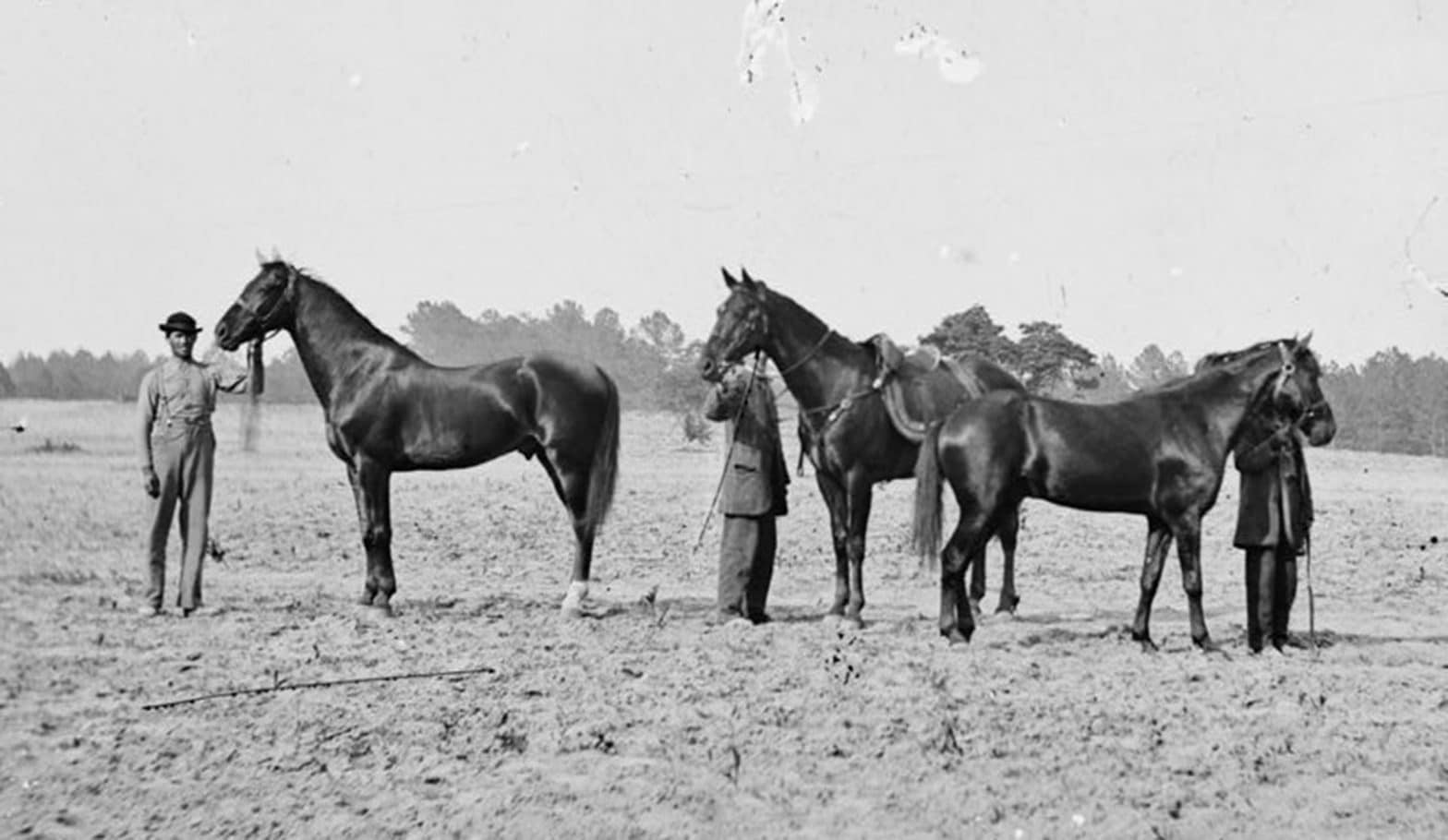Stop the Slaughter: We Must Call for Congressional Action to Save America’s Horses
COMMENTARY

When I was diagnosed with acute myeloid leukemia I was given just a 5% chance of survival. Revolutionary treatment options saved me.
Being around horses provided me a sense of safety and serenity. And it helped me find my life’s new purpose: saving the lives of the horses who helped me get through my darkest moments.
Tragically, about 23,000 American horses were exported under horrific conditions to slaughter facilities in Canada and Mexico in 2021 alone, to be killed for meat exported to Europe and Asia for human consumption.
Wednesday was National Ban Horse Slaughter Day, which my nonprofit, Horses In Our Hands, and renowned celebrity equine welfare advocates including Grammy award-winning singer and songwriter Melissa Etheridge, actress Katherine Kelly Lang, radio host Kerri Kasem and entrepreneur John Paul DeJoria marked by calling on Congress to pass the Save America’s Forgotten Equines Act before the end of the year.
We urged our supporters to send letters to Speaker Nancy Pelosi, D-Calif., call their House representatives, and make their voices heard to congressional leaders on Twitter to urge immediate passage of a federal ban on horse slaughter.
The bipartisan, bicameral SAFE Act would permanently ban horse slaughter in the United States and any related interstate or foreign export activity.
A House Energy and Commerce subcommittee advanced this bipartisan bill by voice vote in June. The bill currently has 223 cosponsors in the House across both parties, which is more than enough to pass.
And with 83% of Americans opposing slaughtering horses for human consumption, it’s clear something must be done to end this cruel practice once and for all.
As DeJoria, the co-founder of Paul Mitchell Systems hair products and Patrón Spirits Company, said: “More than ever, these beautiful animals need us to speak out against the horrible abuse of horse slaughter,” because it is “animal abuse at its worst.”
This practice subjects horses to extreme cruelty. In fact, the horses typically endure long, painfully overcrowded journeys without adequate food, water or rest. Some don’t even make it all the way to the slaughterhouses.
The ones that do make it alive are then subjected to a cruel slaughter process. Since horses instinctively thrash their long necks when frightened, stunning them often requires repeated blows to the head. But since that doesn’t always work, the horses sometimes are still conscious during dismemberment.
Horsemeat can also be toxic when ingested by humans, because American horses are routinely given a wide range of medications and chemical substances prohibited by the Food and Drug Administration for use in animals raised for food.
Ending this practice has widespread and bipartisan support.
But time is running out. Congress must act now to pass the bipartisan SAFE Act so that it can finally become law this year.
We must be the voices for our horses so Washington hears us loud and clear.
Horses saved my life. It’s time we saved theirs.
Siri Lindley is co-founder of Horses In Our Hands, two-time world champion, 11-time world champion coach, author and keynote speaker.
About Horses In Our Hands
In Our Hands Action Fund, a 501(c)4, was established by experts from across the spectrum, all dedicated to one goal: ending the slaughter of America’s horses. In addition to founding Horses In Our Hands, Siri Lindley and Rebekah Keat are owners of Believe Ranch and Rescue, a 501(c)(3) in Longmont, Colorado. You can find HIOH on Twitter, Facebook and Instagram.























